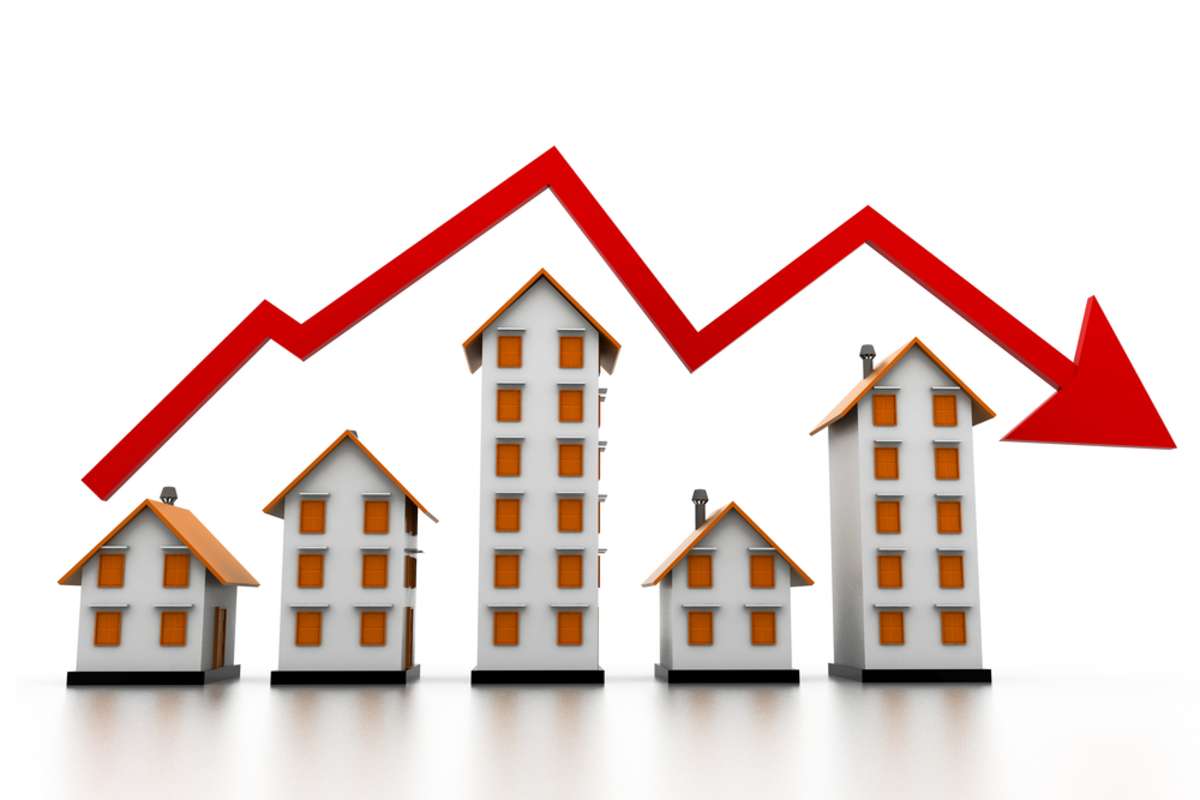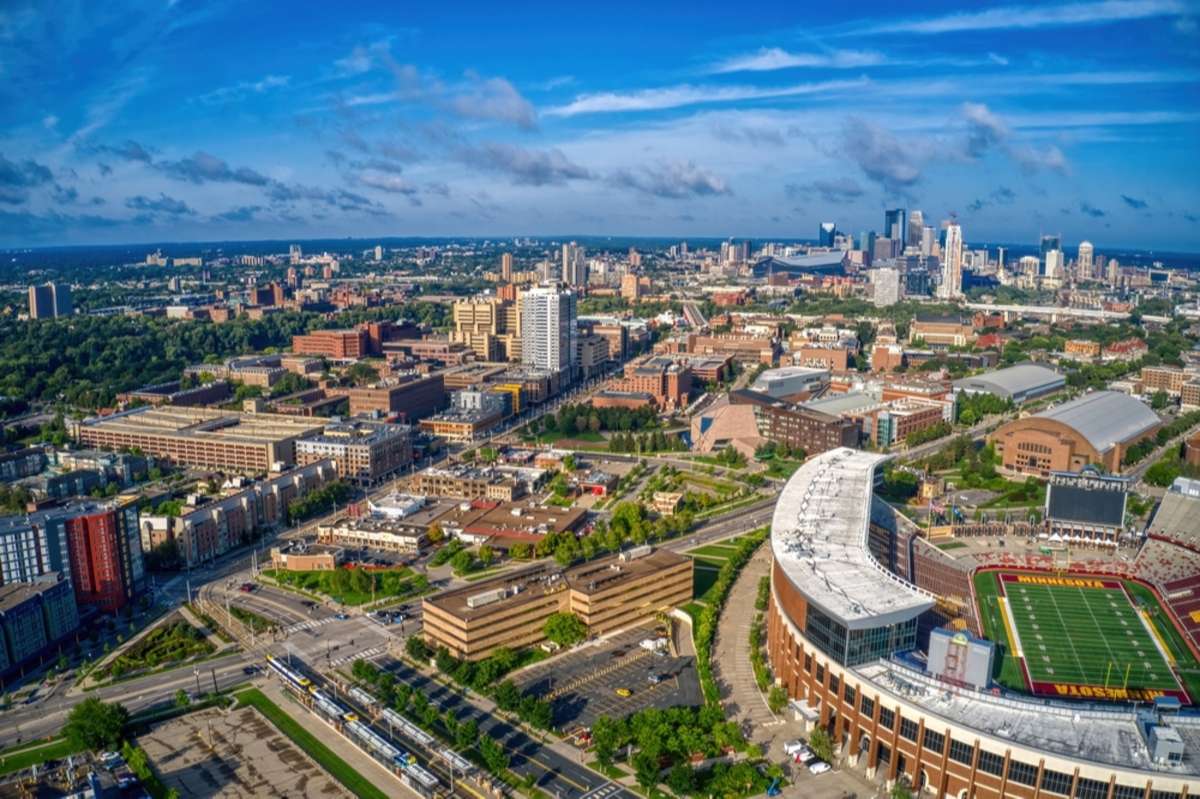With the economic situation still showing signs of instability, people are worried about what the future holds for Minneapolis St. Paul and elsewhere. Questions about whether a recession is in the near future have people from every industry concerned about how they will be affected.
The housing industry has many people on edge. Buying or selling a house is a significant undertaking that can affect your finances if it doesn't go well. So the questions that may be on everyone's minds are: are we headed for an economic recession? Are we already in one? How can the real estate market survive an economic recession?
This blog will discuss the causes of a financial recession and how it might affect the home-buying market.
What is a Recession?
Simply put, a recession is a substantial decline in economic activity. In other words, a recession happens when consumer spending is slow compared to output or selling. However, this situation must be sustained to be considered a recession.

The indicators of a recession often show as declines in the following areas:
While several of these indicators can be present (or fluctuate), the National Bureau of Economic Research (NBER) is responsible for officially determining if a recession has begun (or ended).
How Does a Recession Impact the Real Estate Market?
When you think about the meaning of a recession, it makes sense that it will affect the real estate market. Spending has slowed down. There is less economic activity in spending, purchasing, and job income.
Therefore, a recession will directly impact all areas of real estate in Minneapolis, Minnesota, and throughout the U.S. Some states may fare better than others, depending on their particular unemployment numbers, GDP rates, and other factors.
However, the overall impact is realized by the different players in the real estate world. That includes homeowners, buyers, and sellers.
Effects on Homeowners
Generally, an economic recession may drive the prices of homes down, which could impact homeowners because they have equity built into the house. If the price drops suddenly, their equity may go down, too, depending on how long they've been paying for the home.
Equity is the difference between the value of your home and how much you still owe it. Your home's equity will be negatively affected if you still have a significant amount left to pay on the mortgage. So, if the difference is too high and it's time to sell your house, you might want to sell for a quick cash offer before prices plummet more.
Effects on Home Sellers
When selling a home during an economic recession, it can be tough to find buyers to purchase the house at a competitive price. Most people are generally more reluctant to make significant purchases when a recession occurs. They may hesitate to buy a new home until the economy becomes more predictable.
With dropping house prices, sellers may not be able to get enough money for their homes. Additionally, if a homeowner also struggles financially due to economic pressures, they may not be able to make the mortgage payments.
Securing a quick cash offer from one of the best home-buying companies may be the best way to get out of high mortgage payments with a fair sale before the economy worsens.
Effects on Home Buyers
People looking to buy a home may or may not be in a good position to purchase it during an economic recession. On the one hand, mortgage interest rates are going back up, which affects the monthly payment amount. It also adds to the total cost the home buyer pays.
However, a housing recession can bring a higher supply of homes for sale than a demand for them due to the financial difficulties people are experiencing. As noted above, this typically drives the price down.
So, a recession can be a good time to buy a home if you don't have to rely on the banks to do so.
How Can Real Estate Agents Survive a Recession?
Finding buyers and sellers when inventory doesn't equal the demand can make it challenging to survive as a real estate agent during a recession. Furthermore, real estate professionals may deal with people in the midst of foreclosure and need to get out from under it quickly without buyers in a position to buy.

However, partnering with a "we buy houses for cash" company like Homefield Homebuyers can be the ideal solution to make sales when the market struggles. We are cash buyers that help homeowners sell their homes quickly with a fast and fair cash offer, no matter the market conditions. We also work with real estate agents to provide the best solutions possible for their clients when a traditional sale might not be the answer.
We Buy Houses for Cash During a Recession
We buy houses with a cash offer anytime and during varying real estate market conditions. However, during a recession, our local experience and commitment to the Minneapolis-St. Paul community can be the ideal solution for sellers and real estate agents needing fast cash offers from a trustworthy company.
If you're struggling with a home sale (during a recession or otherwise), we provide you with a quick cash offer within 48 hours—or we give you $100! Reach out to our team for more information about our cash sale offers.







Comments